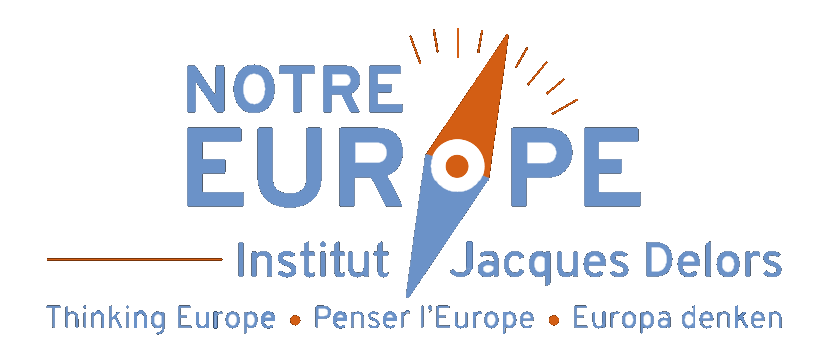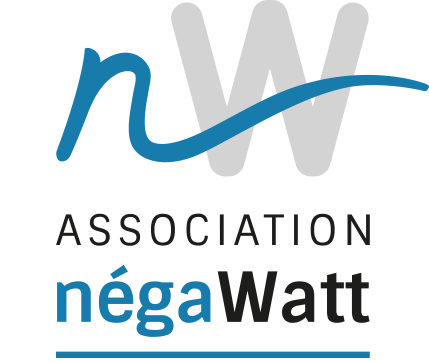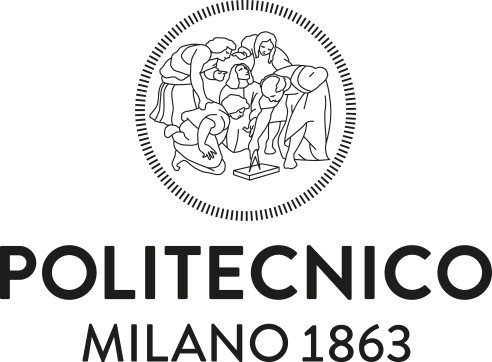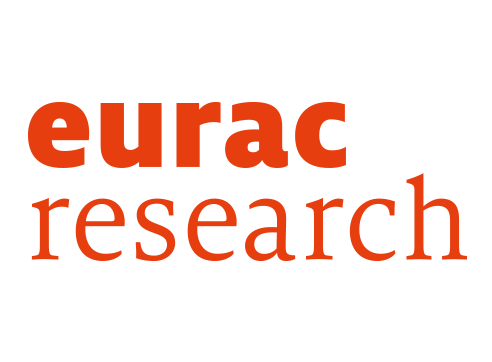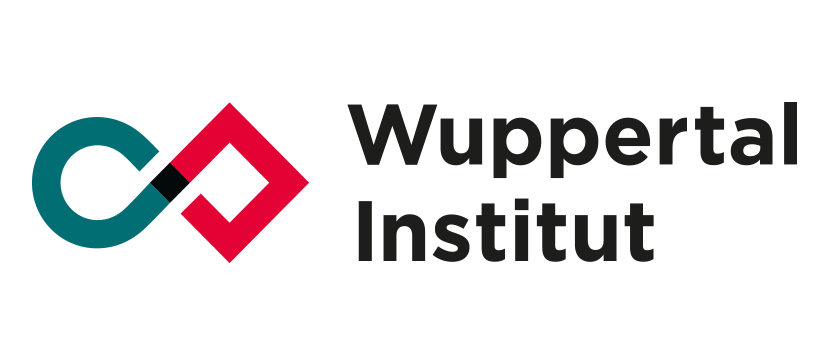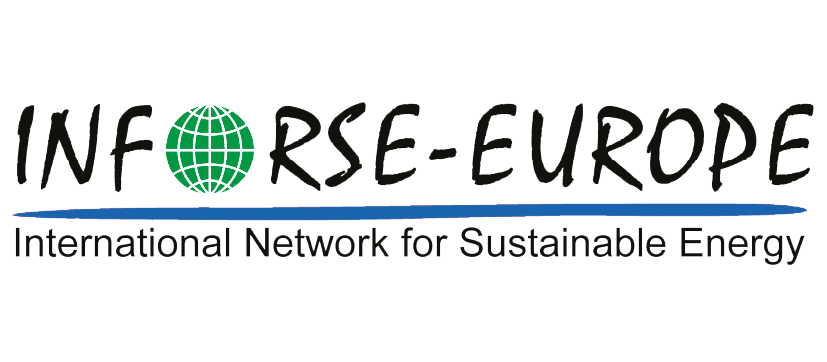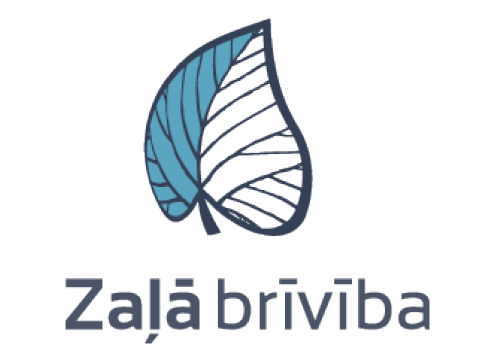

What is sufficiency ?
The sufficiency principle reconsiders how we satisfy our needs.
It favours options that are intrinsically low in emissions and resource use
Sufficiency means for example (click the elements) :

and flights to bike
and public
transport

plant-based diets

sharing goods
consumption
demands

Why is sufficiency important ?
Sufficiency lifestyles can:
facilitate the transition to climate
neutrality through a lower energy
demand.
increase wellbeing for example
health improvements through
reduced meat consumption or
switch from car to bicycle or e-bike
reduce the costs for the transition
to climate neutrality
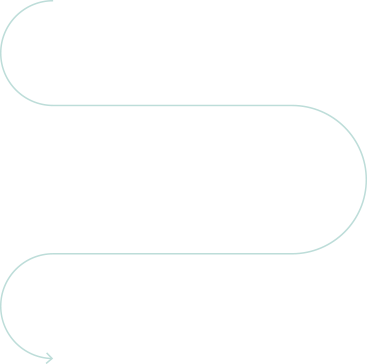
How can sufficiency become more powerful?
Lifestyles are embedded within the
structures of our society
Today our consumption choices are
often steered towards options that
cause more emissions and resource
use
Policy can facilitate sufficiency
lifestyles making them more
convenient and cheaper

Why is sufficiency important ?
Sufficiency lifestyles can:
facilitate the transition to climate
neutrality through a lower energy
demand
increase wellbeing for example
health improvements through
reduced meat consumption or
switch from car to bicycle or e-bike
reduce the costs for the transition to
climate neutrality
How can sufficiency become more powerful?
Lifestyles are embedded within the
structures of our society
Today our consumption choices are
often steered towards options that
cause more emissions and resource
use
Policy can facilitate sufficiency
lifestyles making them more
convenient and cheaper
What will we do in FULFILL ?

We review the literature on
sufficiency and develop a
definition of indicators for
sufficiency
![]()

We analyse empirically sufficiency on the
micro level individuals and households
meso level municipalities and communities
macro level
national and European
![]() Which effects can be expected if sufficiency lifestyles are adopted across Europe?
Which effects can be expected if sufficiency lifestyles are adopted across Europe?

Evaluation of impacts on climate,
economy and society through
macroeconomic models
![]() How can the EU foster sufficiency lifestyles?
How can the EU foster sufficiency lifestyles?

We will discuss with citizens,
politicians, businesses and
employees of the EU commission
which policy recommendations
are most favourable
![]()

We will inform Europeans through
website, social media and press articles
about sufficiency and its potentials
All Rights Reserved. The sole responsibility for the content of this website lies with the authors. It does not necessarily reflect the opinion of the European Union. Neither the European Climate, Infrastructure and Environment Executive Agency (CINEA) nor the European Commission are responsible for any use that may be made of the information contained therein.
EU funding acknowledgment This project has received funding from the European Union’s Horizon 2020 research and innovation programme under grant agreement No 101003656.
![]()
The website www.fulfill-sufficiency.eu is managed by the Jacques Delors Institute and is subject to the terms of use (available here) and privacy policy (available here) of the Jacques Delors Institute’s website.
Let’s keep in touch

